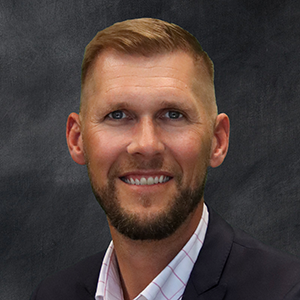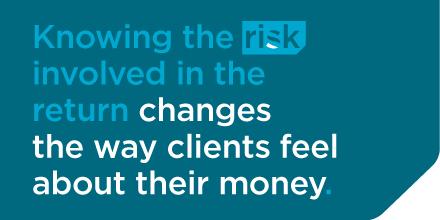In The News
ThinkAdvisor: Covisum's advisor and quant discuss cryptocurrencies and financial planning
In an ongoing series exclusive to ThinkAdvisor, Joe Elsasser, CFP® and Ron Piccinini, PhD provide readers with two distinct perspectives on the same topic. The most recent installment was published today, "The Advisor and the Quant: Cryptocurrencies and Financial Planning." In this edition, we asked both Joe and Ron what role will cryptocurrencies, like Bitcoin, play in financial planning strategies in the future?
Read











